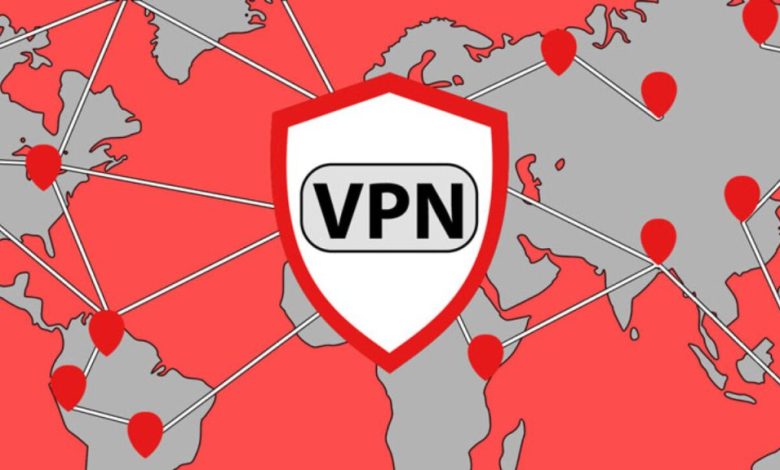
The Pakistan Telecommunication Authority (PTA) has recently announced the implementation of VPN registration requirements, a strategic move aimed at enhancing the security, compliance, and continued operation of Virtual Private Networks (VPNs) within the country. This development has sparked widespread interest among businesses, freelancers, and internet users who rely on VPNs for secure online activities. In this article, we delve into the reasons behind this decision, the registration process, and what it means for users in Pakistan.
Why is PTA Enforcing VPN Registration?
1. Enhancing Cybersecurity Measures
The primary reason behind the PTA’s decision is to strengthen cybersecurity across Pakistan’s digital landscape. With increasing incidents of cyber threats, data breaches, and unauthorized access, regulating VPN usage has become a crucial step. The registration requirement aims to ensure that only legitimate VPN services are operational, thereby reducing the risk of malicious activities such as phishing, hacking, and other cybercrimes.
2. Preventing Revenue Loss and Data Leakages
One of the major concerns driving this move is the prevention of revenue losses. VPNs are often used to bypass restrictions on digital platforms, which can lead to financial losses for both the government and local businesses. By regulating VPNs, the PTA aims to control data flow and ensure that users adhere to local laws and regulations, minimizing the risk of sensitive data being leaked or used for illicit purposes.
3. Compliance with Regulatory Frameworks
Ensuring compliance with regulatory frameworks is another significant factor. The PTA has been working towards aligning Pakistan’s digital operations with international standards. The VPN registration process is part of a broader effort to create a regulated environment where online activities are monitored to prevent illegal usage, aligning with national and international cyber laws.
How to Register Your VPN with PTA
1. Step-by-Step VPN Registration Process
The VPN registration process has been streamlined to ensure that businesses and individuals can continue their operations without interruption. Here’s a detailed look at the steps involved:
- Application Submission: Users must submit a registration application to the PTA through the official website. This involves filling out a detailed form that includes the nature of the VPN usage, personal or corporate information, and the VPN service provider’s details.
- Document Verification: After submission, the PTA conducts a verification process to ensure the legitimacy of the application. Required documents may include identification details, business licenses (if applicable), and proof of VPN service subscription.
- Approval and Notification: Once verified, the PTA will approve the VPN registration and issue a formal notification. This approval is necessary to ensure continued use of the VPN service within the country.
- Regular Compliance Checks: Registered VPNs are subject to regular compliance checks to ensure they are used for legitimate purposes. Non-compliance may result in penalties, including blocking the VPN service.
2. Essential Documents Required for VPN Registration
To facilitate the registration process, the following documents are typically required:
- Proof of Identity: National ID card or passport for individual users, and corporate registration documents for businesses.
- VPN Service Subscription Details: Proof of subscription or contract with a VPN service provider.
- Purpose of VPN Use: A detailed description of why the VPN is being used, which helps the PTA classify and approve the application based on legitimate needs.
Implications of VPN Registration for Users in Pakistan
1. Impact on Freelancers and Remote Workers
For freelancers and remote workers who rely on VPNs for accessing international platforms and securing their communications, this registration requirement means adjusting to new regulatory norms. Registered VPNs will continue to provide secure and uninterrupted access, while unregistered VPNs risk being blocked, potentially affecting income sources and project deadlines.
2. Compliance for Businesses and Corporations
Businesses, especially those operating with sensitive data and international clients, need to ensure their VPNs are registered to avoid disruptions. This includes IT firms, financial institutions, and BPOs that depend on secure connections for daily operations. Failure to comply could lead to service interruptions and legal challenges.
3. Privacy Concerns and Data Security
While the PTA’s move aims to enhance security, there are ongoing concerns about privacy and data security among users. Registration requires the submission of personal and usage details, raising questions about data handling and the potential for misuse. To address this, the PTA has emphasized its commitment to data protection and the secure handling of user information, aligning with global privacy standards.
What Happens If You Don’t Register Your VPN?
The PTA has made it clear that failure to comply with the registration process could result in the blocking of VPN services. This would impact both individual and business users, causing interruptions in accessing secure online platforms. Additionally, repeated non-compliance could attract fines and legal action, making it imperative for all VPN users in Pakistan to adhere to these new guidelines.
Looking Ahead: The Future of VPN Usage in Pakistan
The PTA’s initiative to register VPNs marks a significant shift in how online security and data protection are managed in Pakistan. As the digital landscape continues to evolve, it is crucial for users to stay updated with regulatory changes and ensure compliance to avoid any disruptions in their online activities. Moving forward, it is expected that more sophisticated cybersecurity measures will be implemented, shaping the future of internet usage in the country.
In conclusion, the VPN registration requirement by the PTA is a step towards creating a safer digital environment. By complying with the registration process, users can ensure uninterrupted access to secure networks while contributing to the broader goal of enhanced national cybersecurity.



